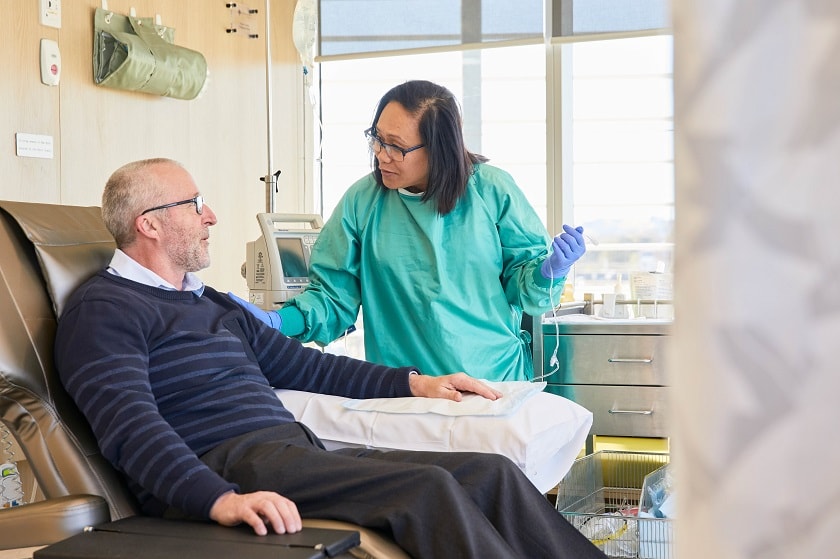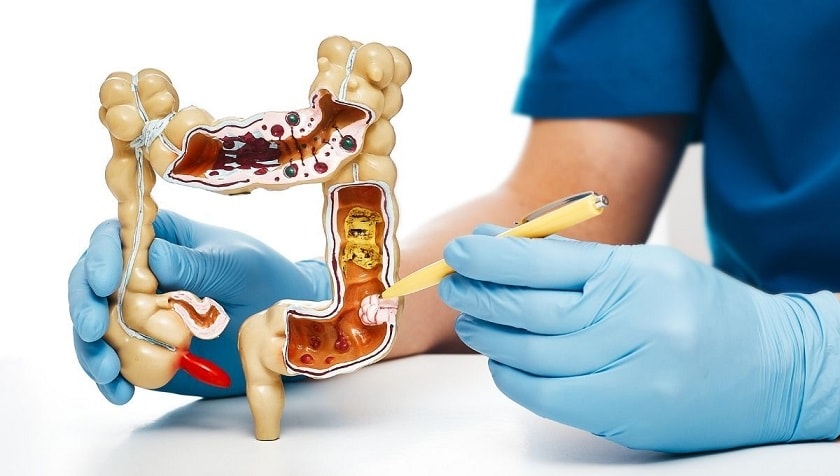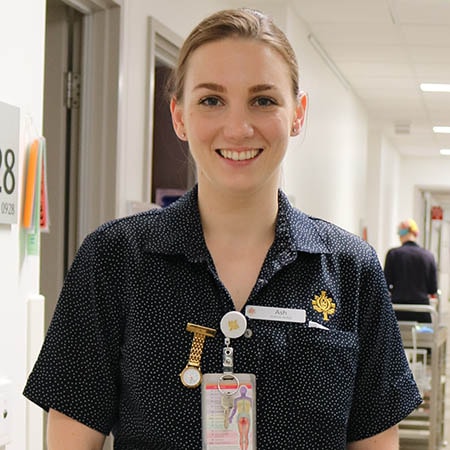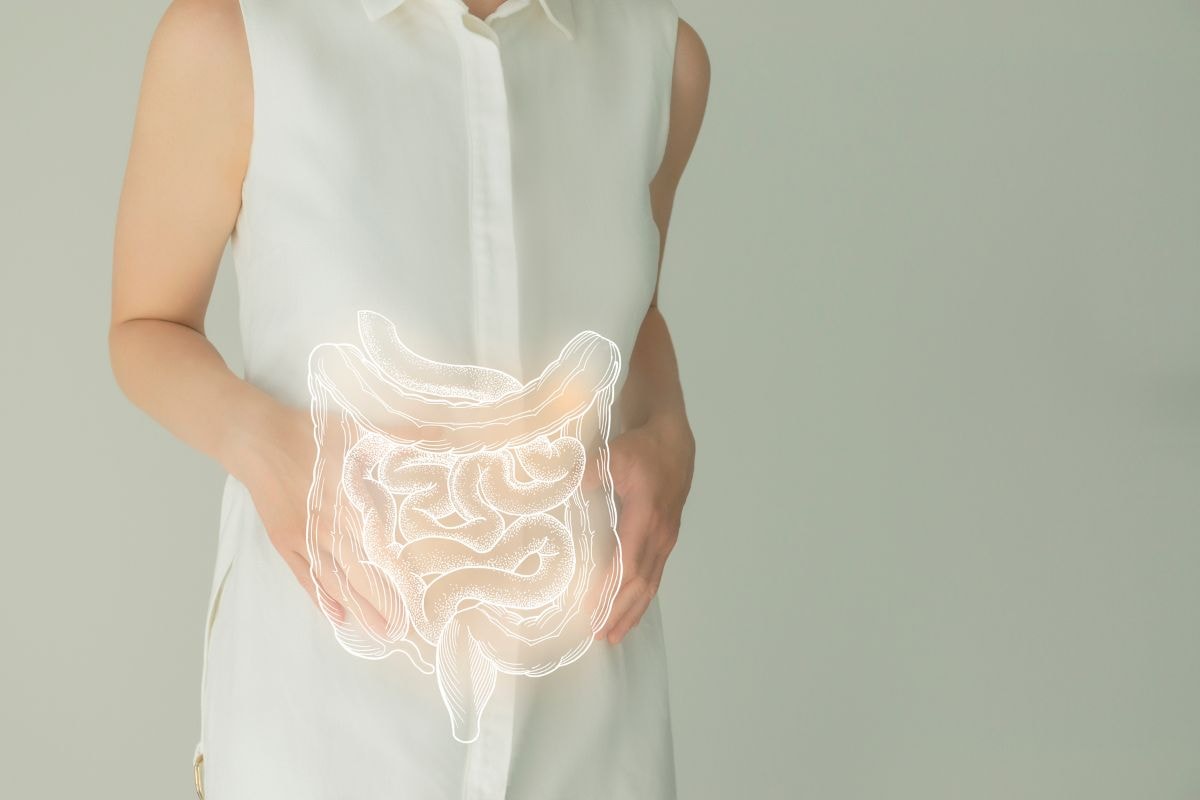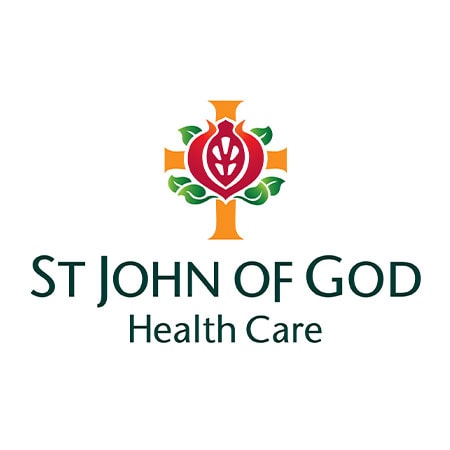June marks Bowel Cancer Awareness Month and according to Bowel Cancer Australia, almost 300 Australians are diagnosed with bowel cancer (also known as colorectal cancer) on a weekly basis.
Bowel cancer doesn't discriminate. While men have a higher incidence rate of 54 percent, women do not trail far behind at 46 per cent. It is also being increasingly detected in younger patients.
The good news is, when bowel cancer is diagnosed early it can be successfully treated in the majority of cases. That’s why it’s really important to understand and recognise symptoms that may alert to this diagnosis and to know when to seek investigation and treatment. However, not everyone experiences the same, if any, warning signs.
The onset of bowel cancer increases significantly with age, especially after 45 years old, so while early symptoms may be absent or non-specific, the key to beating colorectal cancer lies in knowing the symptoms, being alert and accessing early treatment.
The symptoms that may indicate bower cancer include:
- Blood in stools (rectal bleeding)
- Change in bowel habits (looser stools, constipation, more frequent trips to the toilet, irregularity)
- Frequent gas pain, cramps, feeling full or bloated in bowel or rectum
- Feeling the sensation of not emptying the bowel completely
- Unexplained anaemia
- Abdominal pain or swelling
- Pain or lump in the anus or rectum
Screening for bowel cancer is very easy nowadays.
It's as simple as ordering a kit online, via phone (Bowel Cancer Australia: 1800 555 494) or through your local pharmacy. BowelScreen Australia uses a clinically proven, sensitive and reliable faecal immunochemical test (FIT) to screen for cancer and comes with full instructions, a dedicated customer helpline, as well as a reminder service.The test does not require any faecal handling, nor do diet or medication changes need to be made in order to perform the test.
Best of all it can be taken in the privacy of your own home for the recommended retail price of $42 – which includes the test kit, pathology analysis and result reporting to you and your nominated GP.
People need to be aware that this disease is both treatable with curative intent and has excellent prognosis when we are able to catch it early. Even if you don’t present with any of the symptoms listed, it’s important to present for regular bowel screening in order to stay on top of your health. It’s better to be proactive than reactive when it comes to cancer, especially ones that can be successfully managed.
Many symptoms could be a result of other health conditions, however, blood in stools or rectal bleeding should never be ignored.
Find out more about Dr Crantock, or any of the other highly skilled gastroenterologists at St John of God Berwick Hospital via Find A Specialist. Alternatively, get in touch with the Centre for GI Health, via [email protected]

